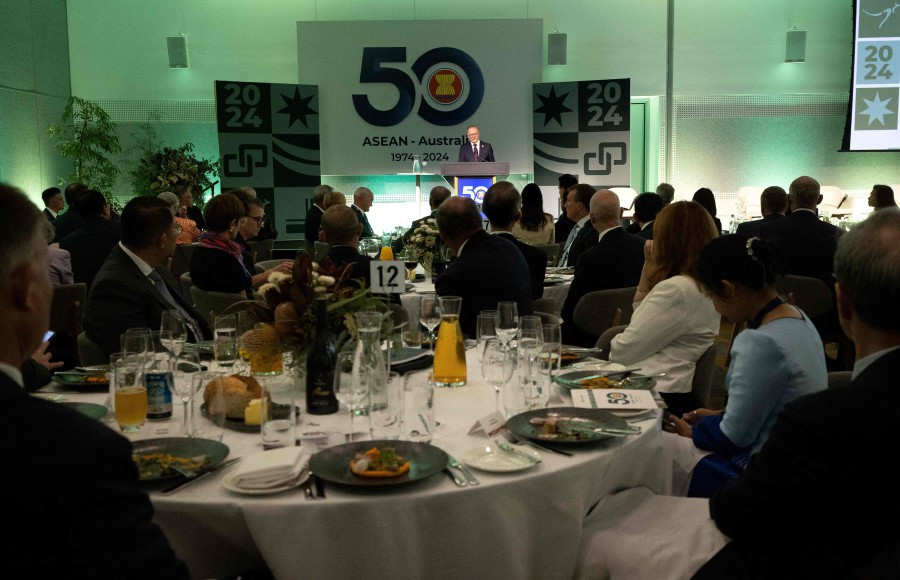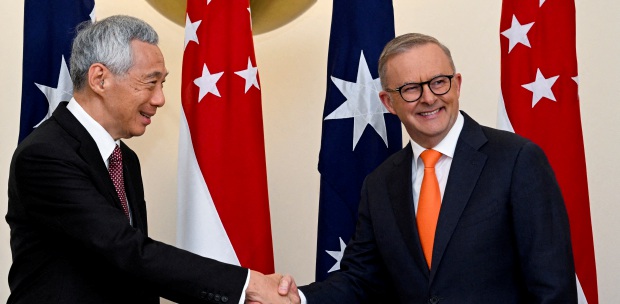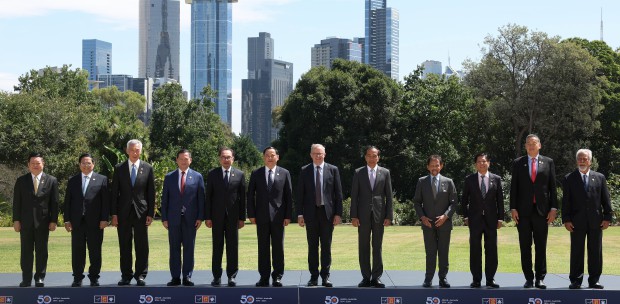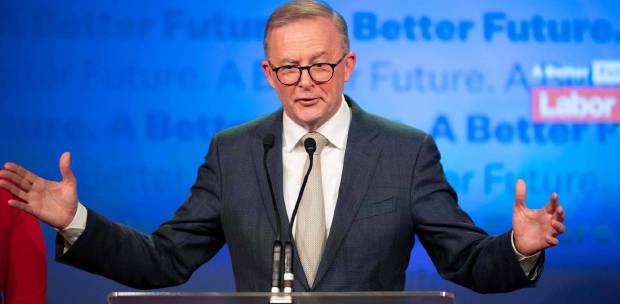MELBOURNE: Australia unveiled plans to ramp up investment in Southeast Asia on Tuesday, setting aside US$1.3 billion to bolster trade in a region of rising economic might.
Prime Minister Anthony Albanese announced the funding as leaders from the 10-nation Asean forum met in Melbourne for a three-day summit.
"The government I lead has made it clear. More than any other region, Southeast Asia is where Australia's future lies," Albanese told a business forum on the summit's sidelines.
Following a series of bruising disputes, Australia has increasingly looked to build economic ties outside of major trading partner China.
Fuelled by years of swift and sustained population growth, the Asean bloc is widely seen as an emerging economic powerhouse.
With vast deposits of critical minerals and a booming appetite for electricity, Southeast Asia is also poised to play a major role in the global push for clean energy.
Australia's new funding package will provide export financing and loans geared largely toward infrastructure and renewable energy projects.
Albanese said it was "the most significant upgrade of Australia's economic engagement with Asean for a generation."
While leaders were eager to focus on trade and business, more sensitive questions about China's growing sway in Southeast Asia were never far from mind.
Singapore Prime Minister Lee Hsien Loong said the city-state would gladly host Australia's fleet of nuclear-powered submarines once they were up and running – an offer likely to raise Beijing's hackles.
The United States and the United Kingdom have pledged to help Australia acquire a fleet of nuclear-powered subs as part of joint plans to counter China's influence in the region.
While some Asean members have expressed reluctance to back the so-called Aukus defence pact, former British colony Singapore has been full throated in its support.
"I've said before, and I repeated to the prime minister on this visit, that when the new Australian submarines are ready, we welcome them to visit Changi naval base," Lee told reporters on Tuesday.
Climate change also looms large on the summit's agenda.
Southeast Asia's hunger for energy is largely fed by fossil fuels, while Australia remains one of the world's biggest exporters of gas and polluting thermal coal.
Both are increasingly eager to pivot toward renewable energy.--AFP





